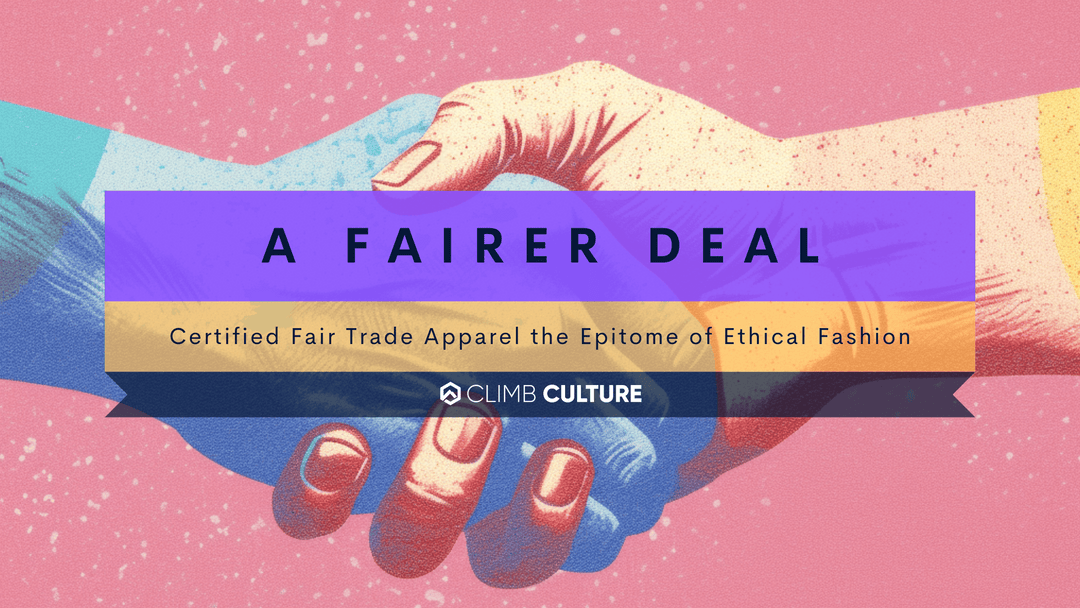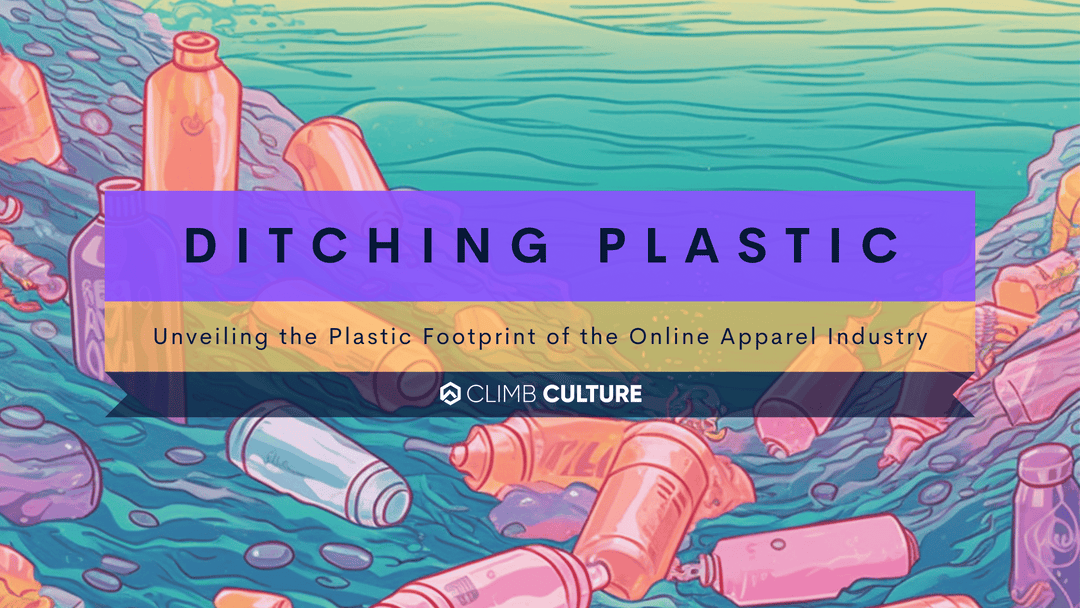A Fairer Deal: Certified Fair Trade Apparel The Epitome of Ethical Fashion

In recent years, consumer awareness regarding the social and environmental impacts of the fashion industry has significantly grown. People are becoming more conscious about the origin and production process of their clothing. As a result, the demand for ethically-made apparel has surged, and one prominent option that stands out is certified fair trade apparel. This article explores why certified fair trade apparel has emerged as the most ethical choice when buying clothes.
Fair Trade Principles:
Fair trade is a movement focused on promoting fairness and sustainability in global trade. It aims to ensure that producers, particularly those in developing countries, receive fair wages and work in safe and humane conditions. By adhering to a set of principles, certified fair trade organizations strive to empower marginalized workers and protect their rights. These principles encompass fair wages, safe working conditions, no child labor, gender equality, and environmental sustainability.
Empowering Workers and Communities:
One of the fundamental aspects of fair trade apparel is the emphasis on empowering workers and local communities. When purchasing certified fair trade clothing, consumers support the livelihoods of artisans and workers who might otherwise be subject to exploitative practices. Fair trade organizations invest in education and skill development programs, providing opportunities for sustainable income generation and fostering self-reliance within communities. By opting for fair trade apparel, consumers play an active role in alleviating poverty and supporting economic stability in developing nations.
Eliminating Exploitation and Child Labor:
The fashion industry has, unfortunately, witnessed instances of exploitation and child labor, particularly in low-wage countries. However, certified fair trade apparel is committed to eradicating such unethical practices. By demanding transparency in supply chains and conducting regular audits, fair trade organizations ensure that workers are treated fairly, without subjecting them to hazardous conditions or unfair wages. The elimination of child labor is a critical tenet of fair trade, promoting access to education and safeguarding the well-being of young individuals.
Ensuring Environmental Sustainability:
The fast fashion model has contributed to immense environmental degradation, with excessive resource consumption and pollution. In contrast, certified fair trade apparel prioritizes sustainable practices. These include the use of organic and eco-friendly materials, promoting water conservation, and reducing carbon emissions. Fair trade organizations actively encourage eco-conscious production methods, minimizing harm to ecosystems and promoting long-term environmental sustainability.
Transparency and Accountability:
Certified fair trade apparel provides consumers with a level of transparency and accountability that is often lacking in conventional fashion. Through third-party certification bodies, fair trade organizations are subject to rigorous standards and audits, ensuring compliance with ethical practices. This transparency allows consumers to make informed decisions and support brands that align with their values. By choosing certified fair trade apparel, individuals can trust that their clothing has been produced with the highest ethical standards in mind.
Conclusion:
In a world where the fashion industry's environmental and social impacts are increasingly scrutinized, certified fair trade apparel shines as a beacon of ethical consumption. By embracing fair trade principles, this clothing ensures fair wages, safe working conditions, and environmental sustainability. Purchasing certified fair trade apparel empowers workers, eradicates exploitative practices, and supports the growth of sustainable communities. Ultimately, it allows consumers to make a positive impact on the world through their fashion choices. As conscious consumers, let us embrace the transformative potential of certified fair trade apparel and shape a more ethical and sustainable fashion industry.







